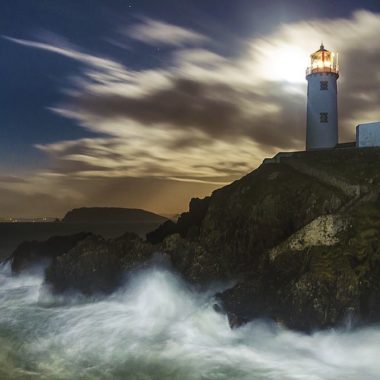
Latest Blog Posts:
- Terry Virgo on Youtube
- PLEASE DON’T BORE ME WITH EMPTY SONGS.
- STEPHANIE SMITH
- Thy kingdom come.
- PSALMS, HYMNS AND SPIRITUAL SONGS.
- HOME AND ON THE MEND.
- Today I should have been in Cape Town and last weekend in Amsterdam but last Friday was an unusual day.
- An open letter to Emmanuel Church (formerly CCK)
- A five-week trip: Part 3
- A five-week trip: Part 2
Filed in:
Blog
The Referendum and the Believer
Victoria, British Columbia is a remarkable place, which many Americans visit to experience a taste of the U.K. London buses, scones and cream and other English phenomena are in evidence and a British atmosphere pervades.
Philippi was similar, an outpost of Rome, proud to reflect Roman culture, but Paul wrote to the church there arguing for a different identity, ‘our citizenship is in heaven from which we await the Saviour’. As believers they were not only citizens of Philippi, reflecting Roman culture, but part of another city, one of eternal significance, ultimately coming down from heaven like a bride adorned for her husband, the city of God!
Having reminded them, Paul urged them to walk worthy of their citizenship. They lived in Philippi, but as Christians their identity was located elsewhere. As believers living in the U.K that is how we must also see ourselves. Our identity and security come from God, not from our Britishness.
Some of the noblest, most joyful believers I have had the privilege of knowing live in Zimbabwe, a nation whose economy and politics are in devastation. Their joy and security are entirely in Christ. They belong to another Kingdom and they show it! I was there once again this last Easter and counted it a huge privilege to be among them, feeling the impact of their faith and joyful certainties.
Paul, a prisoner of Christ
Paul always saw himself in that light. Outwardly he looked like a prisoner of Rome but he called himself a prisoner of Christ. There came a day in his life when he was being taken to Rome as their prisoner. The voyage was regarded as dangerous and Paul warned them it would result in damage and great loss, even of life-threatening proportion.
His warnings were ignored, a moderate wind blew and Acts 27:12 says “the majority” decided to put to sea and they sailed. A ferocious wind overwhelmed them. They could not face it so gave way to it and let themselves be driven, we are told. When all hope of being saved was abandoned, Paul suddenly emerged, told them they should have heeded his warning, but did not join the panic or spend ages accusing them. Instead he brought a remarkable word, ‘keep your courage’ and, based on his own experience of assurance from God, summed up his attitude with his wonderful conclusion, ‘I believe God!’
You might not regard our current experience in these terms, but some might see parallels here.
The point is this. Believers find their security in God, not ultimately in their national identity and the security that it supposedly provides. Sometimes we are in storms which we didn’t chose, but storms can become the setting where our Christian faith becomes evident, in stark contrast to the prevailing culture. The famous 1859 Revival began in New York when the banks crashed. The handful already praying with Jeremiah Lanphier became thousands gathering to pray daily and subsequently one million people were converted and added to the churches within a period of two years.
Because of his faith in God Paul emerged with evident peace, confidence and wisdom and even began to play a very significant part in what subsequently took place, demonstrating an authority which others observed and embraced.
Current news makes life in the UK look very stormy, but let’s not join the panic. Let’s be like Paul who talked to God and let God speak to him. Let our hope come from God and let it be observable. Then let us be prepared to give a reason for the hope that is in us to any who enquire.

